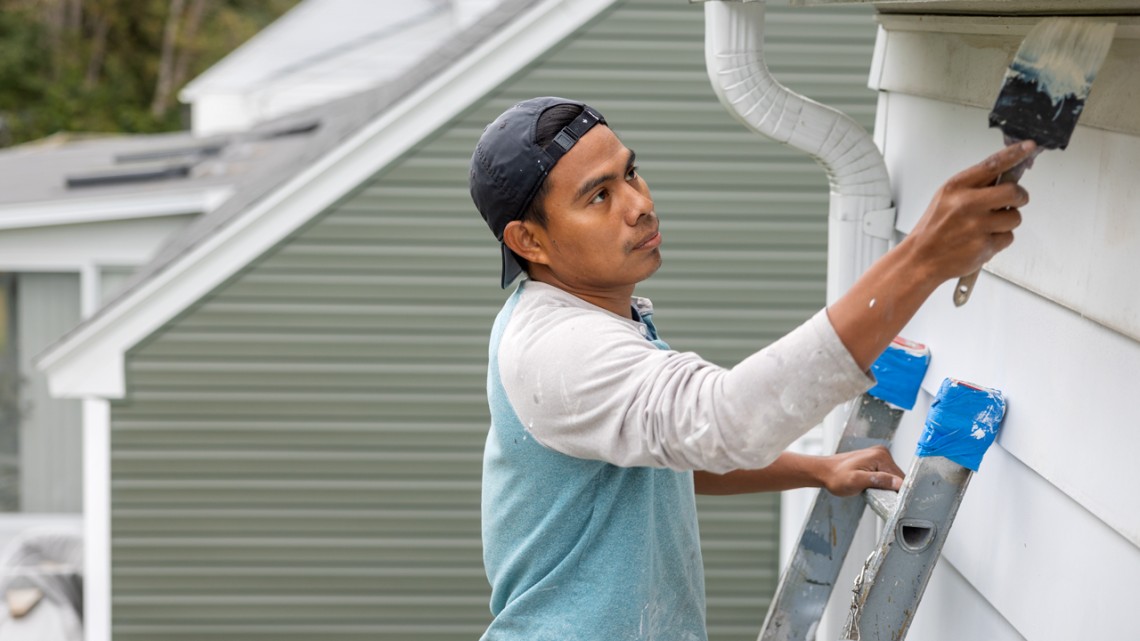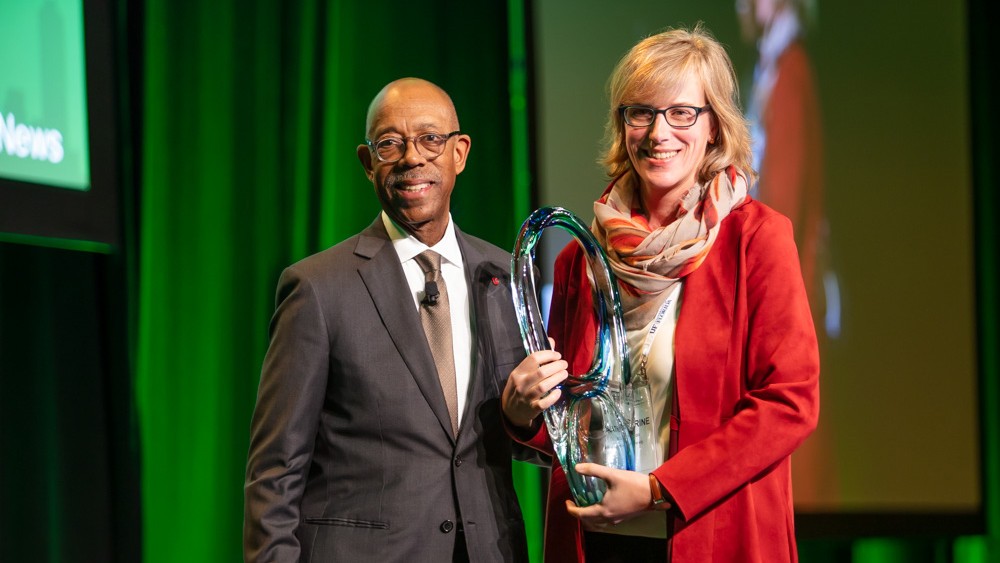
After getting married and having a child, Yovani Perez, an undocumented immigrant from Guatemala, wanted to stay in the U.S., start his own construction and painting business and pay taxes.
It was a scary step, Perez says, because applying for a tax I.D. number means coming out of the shadows as an undocumented person. “To start this process means that they’re going to know you’re here, even though you’re not supposed to be,” he says.
Then Perez and his wife, Kayla Kelechian, who live in Syracuse, New York, heard about a Cornell program that helps people with low incomes file their taxes. “When I heard about it, the first thing I did was say, ‘Can we get it?’” says Kelechian, a U.S. citizen. “With Yovani being undocumented, it was a real pickle. He wanted to do things the right way. It was a huge relief.”
Perez and Kelechian are two of the more than 200 clients who have benefited from the Low-Income Taxpayer Law and Accounting Practicum (LITLAP) since it was launched in 2016. Cornell is the first university in the country to offer a program of this kind.
The practicum helps its clients not only file taxes but also sort out complicated tax situations, from improper worker classification to dependents living in other countries, starting a new business and navigating the shifting tax code – all at no cost. The practicum was cofounded by John McKinley, professor of practice in the Charles H. Dyson School of Applied Economics and Management, and Beth Lyon, clinical professor and associate dean for experiential education and clinical program director at Cornell Law School, with support from the David M. Einhorn Center for Community Engagement.



